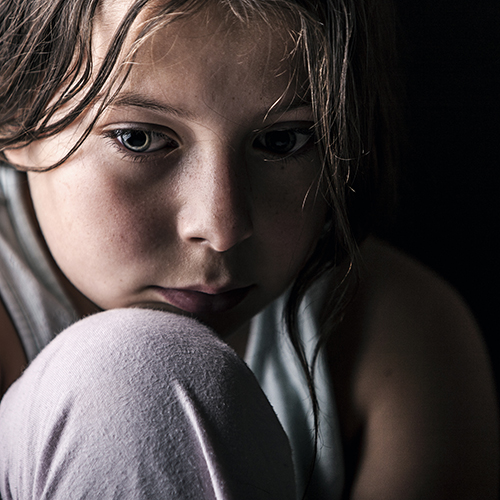Child protection experts throw light on the shadow pandemic
05 September 2022
 Online grooming, false identities, and broken trust – they’re all a part of one of the fastest growing global crimes: child sexual exploitation. But hidden beneath fear, shame, and betrayal, this horrific abuse continues to devastate Australian families.
Online grooming, false identities, and broken trust – they’re all a part of one of the fastest growing global crimes: child sexual exploitation. But hidden beneath fear, shame, and betrayal, this horrific abuse continues to devastate Australian families.
Now, as new data from the ABS shows that sexual assaults in Australia are at an all-time high the University of South Australia is bringing together the top child protection experts in a special face-to-face event to discuss the hard realities of child sexual exploitation.
Hosted in partnership with the Carly Ryan Foundation and Project Paradigm and held on Tuesday 6 September at UniSA’s Magill campus, this event aims to educate the community about the range of risk factors that contribute to child sexual exploitation and how families and young people can identify and respond to potential signs of child abuse.
The discussion will feature Minister for Child Protection the Hon Katrine Hildyard MP, Commissioner for Children and Young People Helen Connolly, and South Australia Police Detective Chief Inspector Richard Lambert, as well as child protection experts from UniSA and Project Paradigm
In Australia, child sexual exploitation affects more than 1.4 million children before the age of 15.
Child sexual exploitation is a form of sexual abuse where an offender uses their power (physical, emotional, financial) over a child or young person, or a false identity to abuse a child sexually or emotionally. This occurs in both online and offline contexts.
UniSA panellist and child protection researcher, Associate Professor Elspeth McInnes says education plays a key role in stopping the abuse of children and young people.
“Child sexual exploitation is indiscriminate; it can affect any child or young person, of any age, gender, or background, which means that we all have a responsibility to be more informed about this abuse,” Assoc Prof McInnes says.
“Increasing community and professional understanding of child sexual exploitation is vital so that parents, educators, police, and human service professionals can better identify early warning signs and risks.
“Some of the greatest risks are associated with new technologies. The internet, gaming and social media are all prime environments for predators. But while online grooming behaviours and technology-assisted sexual abuse are broadly understood, incidences are still on the rise.
“But the risks also exist in offline contexts, where there is little awareness of young people being visibly targeted within public spaces such as fast-food outlets, shopping centres, school yards and parks.
“Education is essential to breaking this cycle of abuse, and we all have an obligation to learn more and be equipped to step in.”
The panel discussion will be held between 6:30pm – 8:00pm on Tuesday 6 September in the Marie Mune Lecture theatre (H1-44), Amy Wheaton Building at UniSA’s Magill campus. An audience Q & A will follow.
To register your attendance, please email: info@projectparadigm.com.au
…………………………………………………………………………………………………………………………
Contact for interview: Assoc Prof Elspeth McInnes E: Elspeth.McInnes@unisa.edu.au
Media contact: Annabel Mansfield M: +61 479 182 489 E: Annabel.Mansfield@unisa.edu.au




